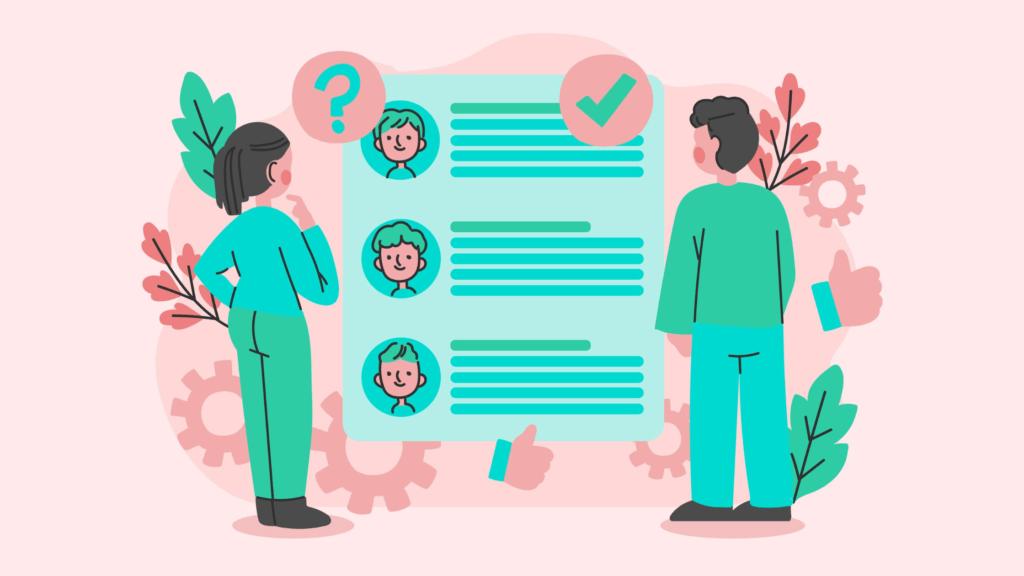Being a sole trader, Do I need to register for self-assessment?
When starting your business as a sole trader, the thought of following the tax obligations and paying taxes on time gets important. So, if one needs to pay the taxes it essential to get yourself registered with HMRC.
The question then arise is do I need to get registered as soon as I started my business. The answer to this is No. HMRC has set a limit to this for your ease and the limit is £1,000. This means you don’t need to register for self-assessment if being a sole trader your income is less then £1,000.
PAYE and Sole trader:
In case you are working as an employee that is PAYE (Pay as You Earn) but at the same time you are also a sole trader, even then your limit to £1000 doesn’t change and you don’t need to register for self-assessment but as soon as this limit has been crossed you need to register for self-assessment as per HMRC rules.
How to register for self-assessment?
To register for self-assessment as a sole trader, you need to create an account on Government Gateway. Even though it is created in simple steps, but it is important to leave enough time for yourself to get registered and get the process done way ahead of the deadline.
In case you have registered yourself earlier in any time as a self-employed, you should be preferably reactivating that account so that it can’t create any kind of confusion. For the reactivation of your account, you need to use CWF1 form.
What happens if I don’t register?
In case HMRC is not notified about the registration as a self-employed, can lead to penalties. This failure to notify HMRC for the self-assessment registration leads not only to fines and penalties but you also need to pay the tax with that which you have missed paying while not being registered with HMRC being a sole trader.
What is the deadline for self-assessment registration?
The tax year is from 6th April of one year to 5th April of next year and the date to register for self-assessment is 5th October. HMRC gives you enough time to register for self-assessment as a sole trader. For example, if you start the business in January of 2024, your tax year is 2023/2024 as you fall in the timeline of 6th April of one year to 5th April of next year but for your ease HMRC gives you plenty of time to register for self-assessment till 5th oct of the year 2024.
What happens after I register?
Once you are registered, HMRC will be issue you with a Unique Taxpayer Reference (UTR) number. It is a 10-digit code and might be called ‘Tax Reference’. After your registration with HMRC as a self-employed you would be getting your UTR within 15 working days within UK. You might be able to access your UTR through your personal Tax Account or on HMRC app.
Do I need to do my tax return each year?
Yes, you need to do your tax return each year unless you inform HMRC that you have stopped working as a self-employed. In case you close your self-employment and do not inform HMRC you would be getting letters, fines, and penalties from HMRC as you are still in the system as self-employed. After you register with HMRC and make lose in any of the next year or under the tax allowance you still must submit the tax return.
If you are looking for an accountant to help you with your queries related to your business accounts, Call at 020 35765107 or send a message to book a free consultation.
Note: It must be noted that the information provided in all our blogs are solely for the awareness purposes and are designed with the intention to create an ease for the reader to understand the rules and their importance. However, it should never be considered as an ultimate replication of rules. RezEx Accountants (RezEx Ltd) does not own any responsibility for any unpleasant event that may arise due to misinterpretation of a specific part or whole of the information.




